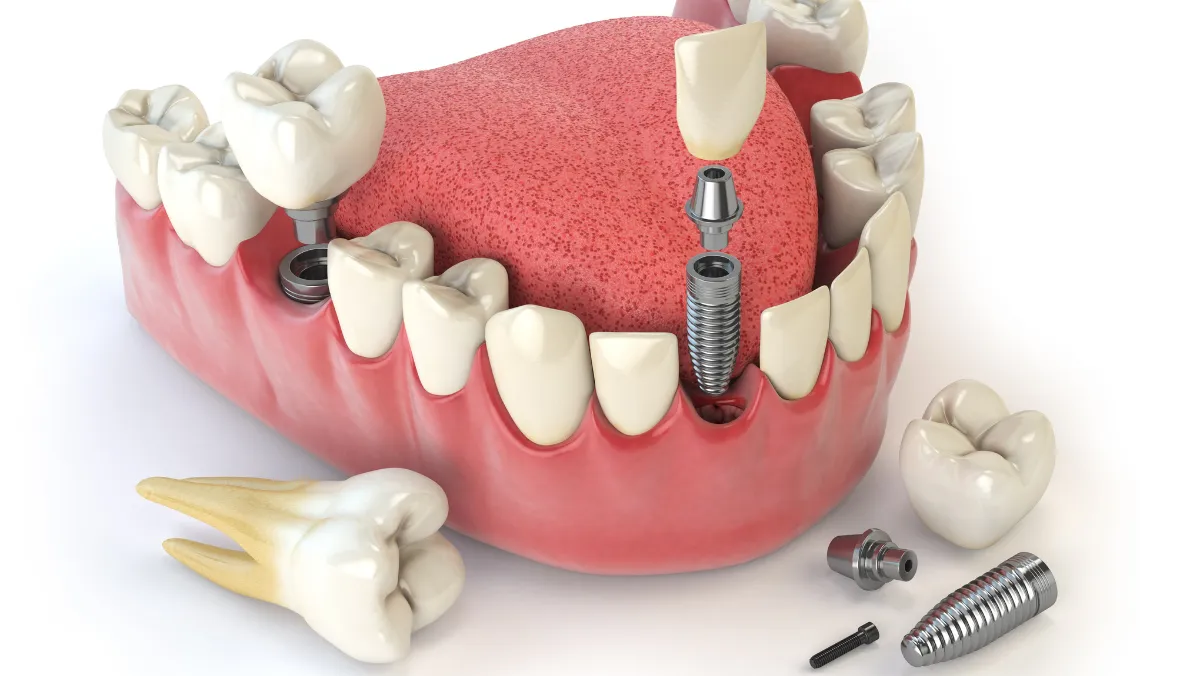
Safety Rate
Safety Rate
Short implants have become a significant advancement in modern implant dentistry, offering an effective solution for patients with limited bone height in the jaw. Unlike traditional implants that often require bone grafting or sinus lift procedures, short implants can be placed directly into the available bone, reducing surgical complexity. They are typically defined as implants shorter than 8 mm, and have proven highly reliable for replacing missing teeth in challenging anatomical conditions. Advances in surface technology, thread design, and biomechanical concepts have made them as effective as conventional implants in many cases. Short implants provide patients with faster treatment, fewer surgical risks, and shorter healing times while maintaining excellent long-term stability. For individuals previously considered unsuitable for implants due to insufficient bone, short implants present a minimally invasive, cost-effective, and predictable alternative that restores both function and aesthetics with lasting results.
Short implants are dental implants with a reduced length, generally less than 8 mm, used to replace missing teeth when bone height is insufficient. They are anchored in areas where traditional implants cannot be safely placed without grafting.
The primary purpose of short implants is to provide implant rehabilitation for patients with minimal jawbone height. They help avoid invasive augmentation procedures while ensuring long-term success.
Short implants are recommended when there is not enough vertical bone for standard implants but sufficient bone width for stability.
Eligibility is determined after a detailed evaluation of bone quality, health, and patient expectations.
Placement of short implants follows a careful but straightforward protocol designed to maximize stability.
Short implants deliver multiple advantages over traditional approaches, making them a preferred choice for many.
While reliable, short implants do have certain limitations that must be considered.
Modern research shows that short implants can perform on par with conventional implants when properly indicated.
Short implants differ mainly in length but provide similar clinical benefits in appropriate cases.
Recovery is typically faster compared to graft-assisted traditional implants.
Short implants have redefined possibilities for patients with limited bone height, offering predictable outcomes without the complexity of bone grafting. They combine innovative design, surface technology, and minimally invasive techniques to deliver lasting results. For patients who once faced barriers to implant treatment, short implants provide an accessible, safe, and effective pathway to regaining full function and aesthetics. They shorten treatment timelines, reduce costs, and minimize risks while maintaining high success rates. Whether used in single tooth replacement, posterior restorations, or full-arch solutions, short implants have proven their reliability in clinical practice. With the growing adoption of digital planning and precision surgery, their effectiveness continues to improve. For patients seeking a permanent solution that balances comfort, safety, and long-term stability, short implants stand out as an advanced alternative to traditional implant techniques.
Short implants, when placed under proper conditions, can last as long as conventional implants—often decades. Their longevity depends on bone quality, surgical precision, prosthetic design, and oral hygiene. With modern implant surfaces and biomechanical stability, studies show survival rates exceeding 95% over ten years. As with all implants, routine dental check-ups and consistent care are crucial for maintaining function and preventing complications such as peri-implantitis. Patients following professional advice can expect their short implants to last a lifetime.
Yes, short implants are considered safe when performed by trained implant specialists. Advances in implant design, surface coatings, and digital planning have made them highly predictable. Risks such as failure or overload exist, but careful case selection ensures successful outcomes. They eliminate the need for invasive grafting, reducing overall surgical risks. Patients with medical conditions, reduced healing capacity, or bone deficiencies often benefit from short implants because of the minimally invasive approach and improved treatment acceptance.
Short implants are often more cost-effective because they avoid additional surgeries like grafting or sinus lifts. While the cost per implant may be similar to standard implants, the reduced need for complex procedures makes the overall treatment less expensive. Patients save both time and money with fewer surgical sessions, faster healing, and reduced complications. In addition, their high long-term success rate means fewer corrective treatments in the future, making them an economical choice for implant-based rehabilitation.
Meet our experienced team of anaesthesiologists dedicated to your safety and comfort
Our experienced anaesthesiologists are here to ensure your safety and comfort